5 days of electoral calm.. The Commission reveals the date of special voting and the voting holiday – Urgent
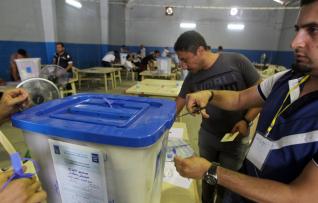 The Electoral Commission revealed on Tuesday (October 28, 2025) the details of the election holiday and the date of the special voting for the upcoming House of Representatives elections.
The Electoral Commission revealed on Tuesday (October 28, 2025) the details of the election holiday and the date of the special voting for the upcoming House of Representatives elections.
The head of the commission’s media team, Imad Jamil, said in a press statement that “the special voting will take place on November 9 (9/11), two days before the general election.”
He added that “the election holiday will initially be from Friday to Tuesday, i.e., for five days, extending until the day of the general vote,” indicating that “the possibility of extending the holiday to a week is still on the table, pending a decision by the Council of Ministers, as determining the official holiday is exclusively within its powers.”
He noted that “the Ministry of Education will hand over the schools designated as polling centers to the Commission starting from November 5th until the 12th,” stressing that “the Commission is awaiting the government’s decision regarding the final duration of the holiday.”
These arrangements are part of the final preparations being made by the Electoral Commission in preparation for the House of Representatives elections scheduled for mid-November, as the Commission intensifies its coordination with ministries and security institutions to ensure the smooth running of the electoral process and its organization in a safe and stable environment.
It is worth noting that special voting includes security forces, inmates and displaced persons, and is usually conducted before the general vote to allow them to participate without affecting security on election day.
Burathanews.com

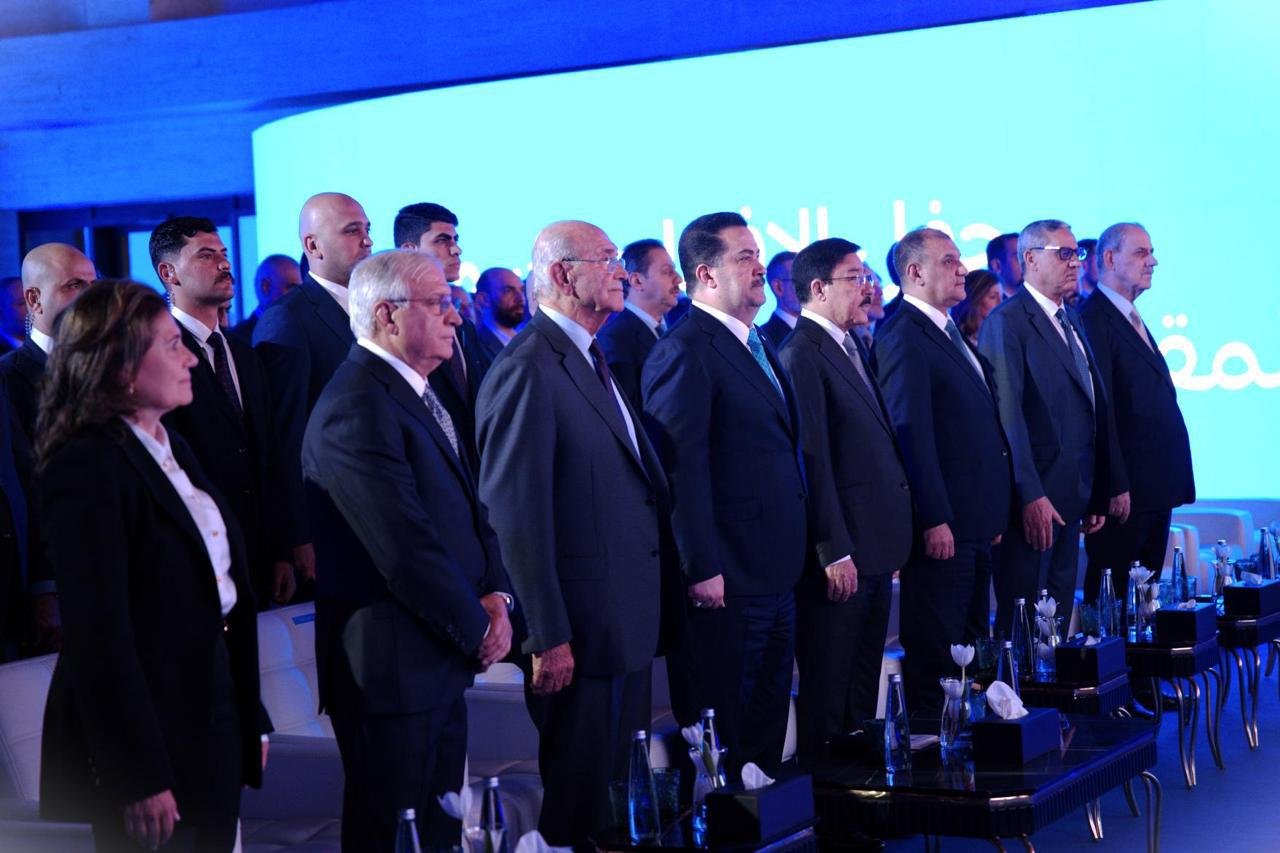 Iraq inaugurated its headquarters in Baghdad in the presence of Prime Minister Mohammed Shia al-Sudani, who affirmed that the bank’s presence represents a strategic addition to the national banking sector.
Iraq inaugurated its headquarters in Baghdad in the presence of Prime Minister Mohammed Shia al-Sudani, who affirmed that the bank’s presence represents a strategic addition to the national banking sector. The Central Bank of Iraq expects the amount of electronic payments to reach $60 billion by 2035, as part of the reform plan and the gradual abandonment of paper transactions.
The Central Bank of Iraq expects the amount of electronic payments to reach $60 billion by 2035, as part of the reform plan and the gradual abandonment of paper transactions.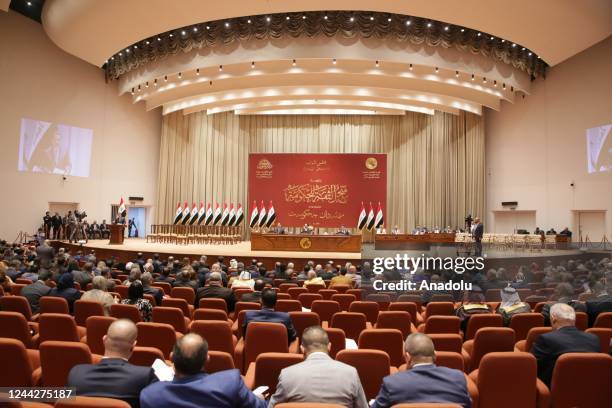 The head of the Parliamentary Legal Committee, MP Murtada Al-Saadi, confirmed on Tuesday that it is impossible to hold any session of the House of Representatives before November 11, due to the preoccupation of political forces and representatives with the ongoing election campaigns.
The head of the Parliamentary Legal Committee, MP Murtada Al-Saadi, confirmed on Tuesday that it is impossible to hold any session of the House of Representatives before November 11, due to the preoccupation of political forces and representatives with the ongoing election campaigns.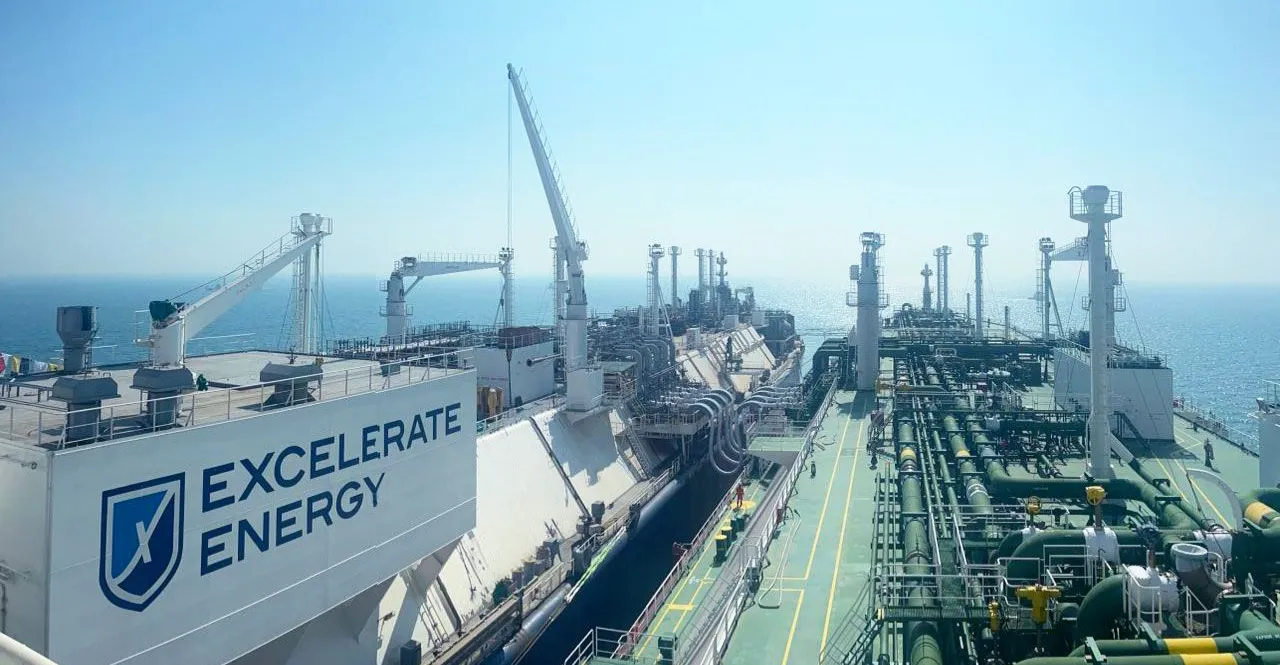 US company Excelerate Energy announced on Tuesday details of its agreement with the Iraqi government to develop the country’s first floating terminal for importing liquefied natural gas (LNG) at Khor al-Zubair Port in Basra Governorate, with an investment estimated at approximately $450 million.
US company Excelerate Energy announced on Tuesday details of its agreement with the Iraqi government to develop the country’s first floating terminal for importing liquefied natural gas (LNG) at Khor al-Zubair Port in Basra Governorate, with an investment estimated at approximately $450 million.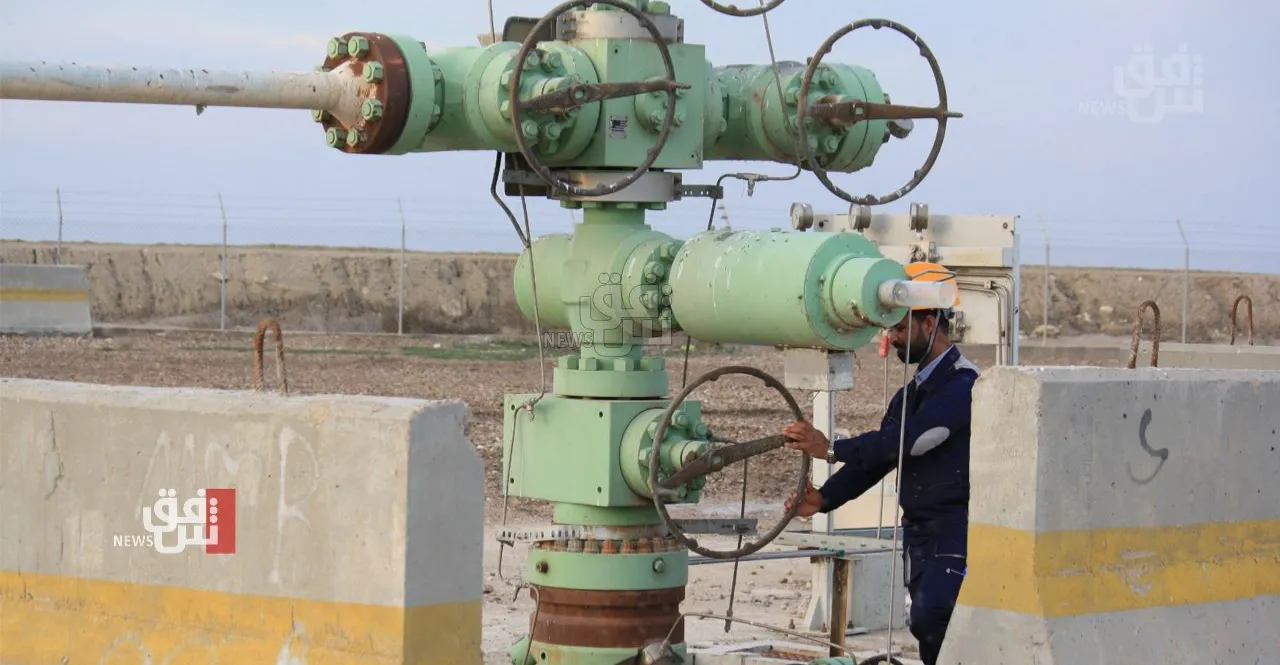 The International Monetary Fund predicted on Tuesday that Iraq will rank fourth among the largest economies in the Arab world by 2030.
The International Monetary Fund predicted on Tuesday that Iraq will rank fourth among the largest economies in the Arab world by 2030. Prime Minister Mohammed Shia al-Sudani sponsored the signing ceremony of the contract for the floating gas platform today, Tuesday. The Prime Minister’s media office stated in a statement, “Prime Minister Mohammed Shia al-Sudani sponsored the signing ceremony of the Ministry of Oil’s contract for the floating gas platform with the American company Excelerate.”
Prime Minister Mohammed Shia al-Sudani sponsored the signing ceremony of the contract for the floating gas platform today, Tuesday. The Prime Minister’s media office stated in a statement, “Prime Minister Mohammed Shia al-Sudani sponsored the signing ceremony of the Ministry of Oil’s contract for the floating gas platform with the American company Excelerate.” Advanced steps towards joining the World Trade OrganizationThe Ministry of Trade confirmed that Iraq is continuing its progress toward joining the World Trade Organization (WTO) after resuming the process that had been stalled for more than sixteen years.
Advanced steps towards joining the World Trade OrganizationThe Ministry of Trade confirmed that Iraq is continuing its progress toward joining the World Trade Organization (WTO) after resuming the process that had been stalled for more than sixteen years.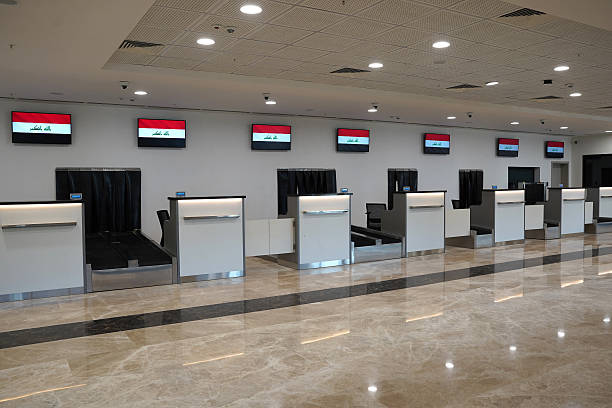 MP Baqir Al-Saadi expected, on Monday, that international flights will begin at Mosul International Airport during the first half of 2026.
MP Baqir Al-Saadi expected, on Monday, that international flights will begin at Mosul International Airport during the first half of 2026.